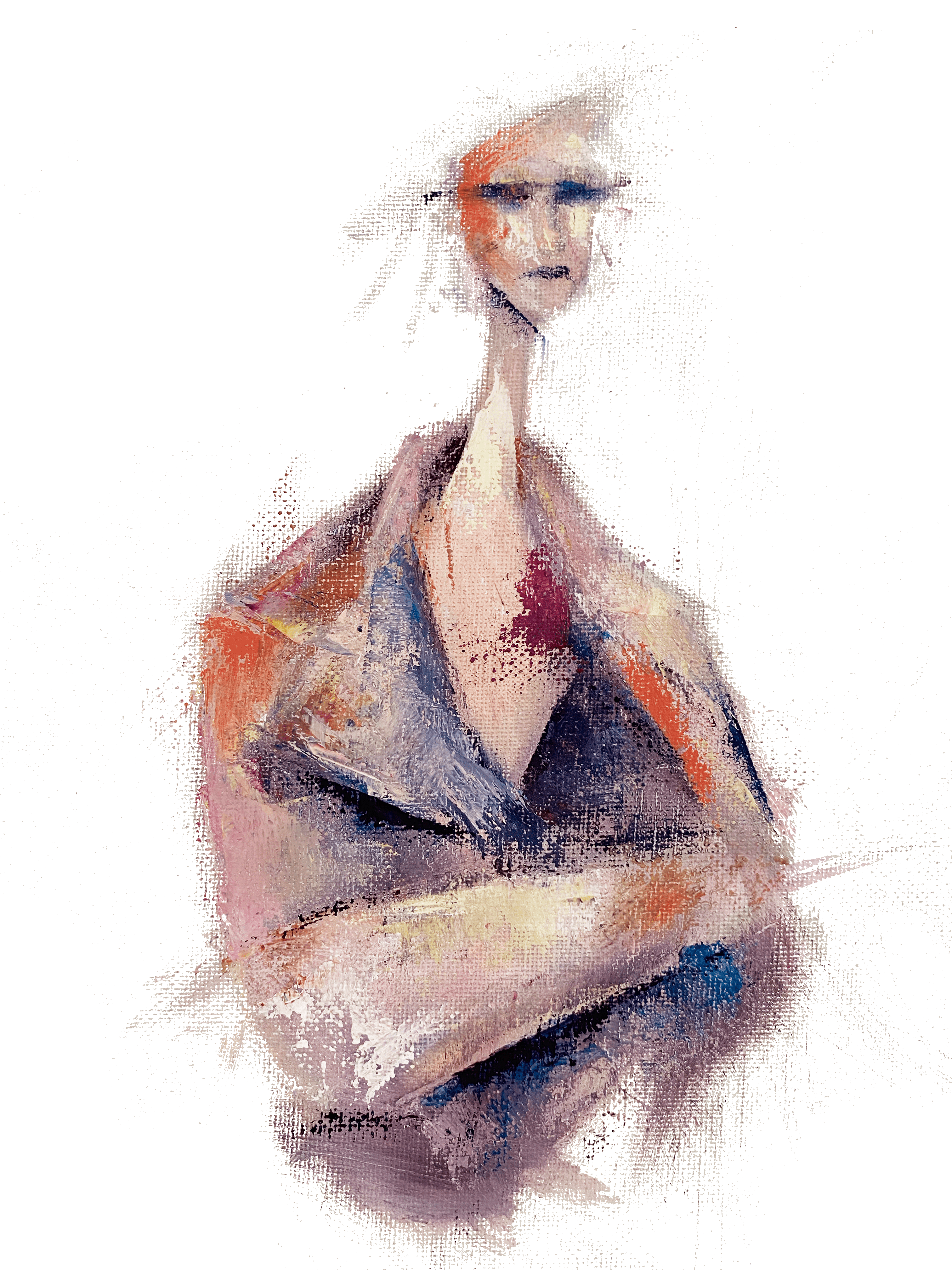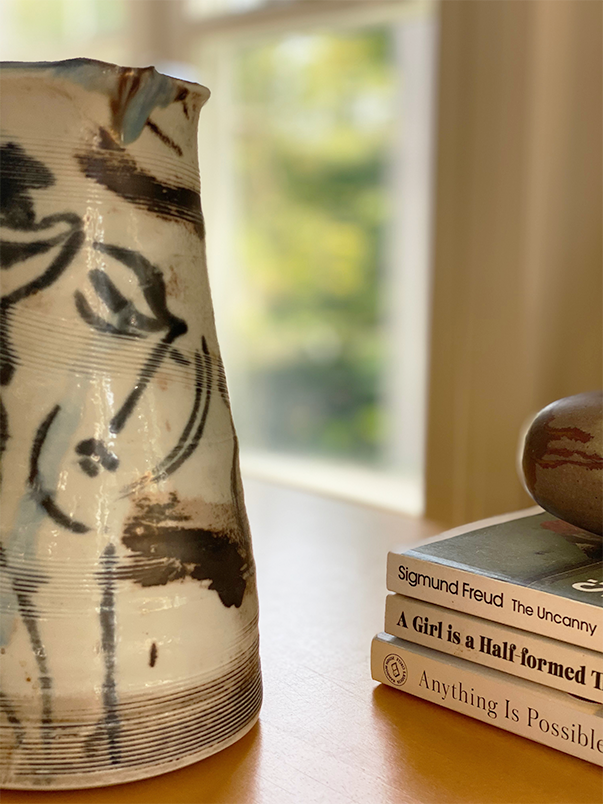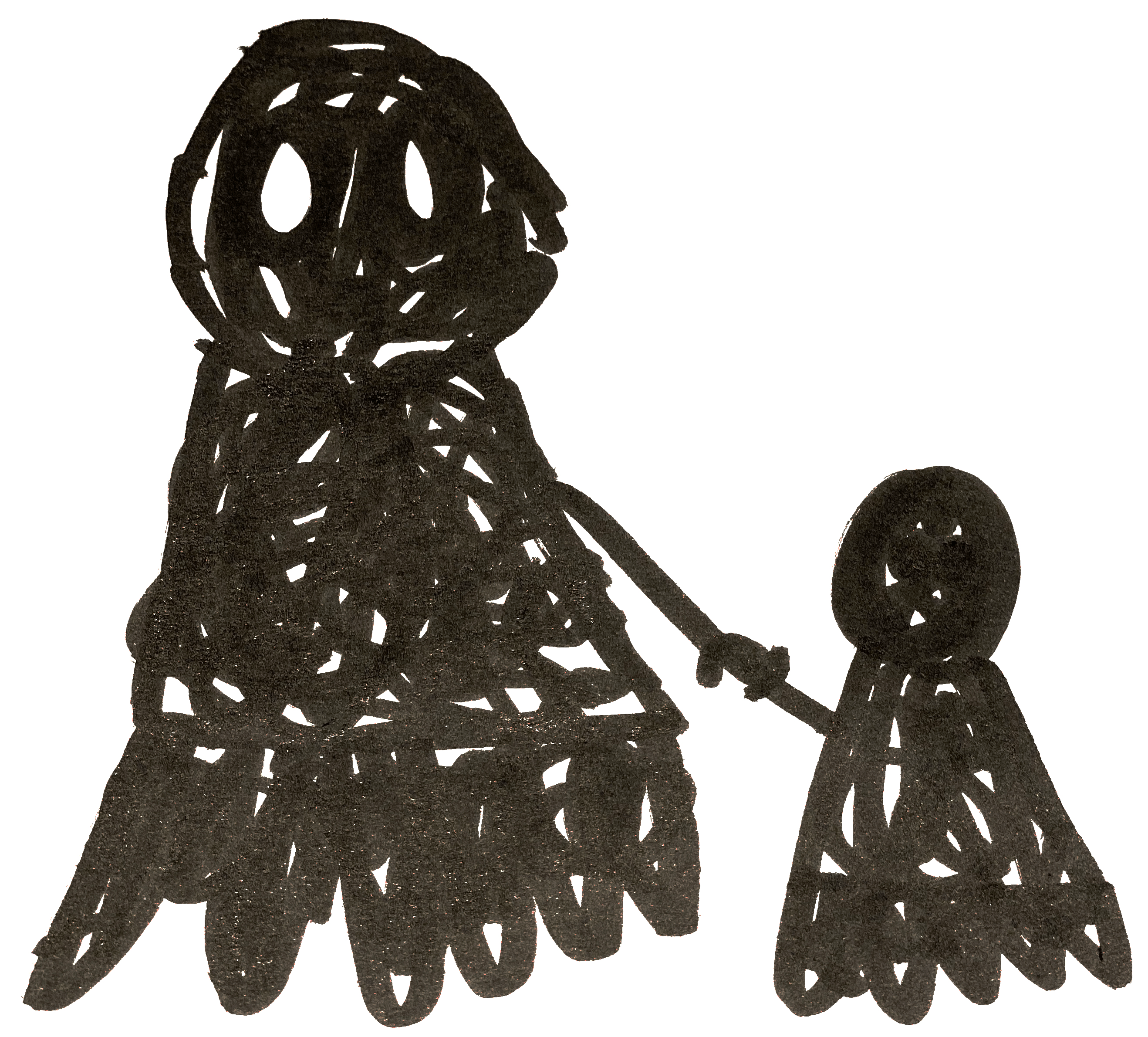
My belief
I have one fundamental belief.
I believe that strength, creativity and well-being are inherent to all of us and can be released through a collaborative effort, whether in therapy, coaching or organizational development.
I have both domestic and international training and experience in first law (Stockholm University and King's College London), later in organizational psychology (Insead Business School) and therapy (SAPU), working in both English and Swedish.
In both my corporate and clinical work, I have an affect focus; including elements of compassion focus and mentalization based therapy as well as CBT.
This progressive approach integrates different therapeutic approaches, models and tools based on individual needs and progress. It does not arbitrarily uphold the boundary between personal and professional. If it concerns you, we will welcome it into our work.
Learn more about methodology

Part of my job is to look out your window and try to see the world as you see it

Where to begin
Before we start a more long-term collaboration, we will have had at least three introductory sessions during which we will have explored your state of mind; your hopes and fears; and touched upon parts of your family background and past experiences affecting your present. We will talk about the work ahead of us and what it might entail.
Through these discussions we will piece together our first hypotheses around the purpose of our work, as well as our basic approach. This means you do not need to know what you need or what it will take to start working on improving your present state of mind.
At times, personal inventories can be useful indicators of state of mind, and relevant basis for discussions. Occasionally there might be a need for medical support or more specialized mental support.
For more tailored information, check out
Corporate | Private | Young


Sometimes when you wanna go places - maybe you need to stop

Access to nuances
and the bigger picture
One key life skill that therapy or psychological coaching can teach you is to improve your reflective functioning. This is the ability to understand ourselves and at the same time others; both mental states, intentions, feelings and needs.
As the reflective functioning improves it becomes easier to pause, reflect and act in difficult situations, taking into account the whole of the situation including one’s own and other people’s state of mind.
Reflective thinking will not free you from awkward, difficult or fearful situations, nor from feeling guilt, shame or anger but it will improve your resilience when under pressure, improve problem solving ability and strengthen dialogue.


A trusting relationship allowing for growth more than cure


Videos and writings coming soon.
Hear me talk
Hear me talk, on short films, about matters relating to self-discovery, mental health and personal development. In time, you will also be able to access short articles on relevant subjects here.
Watch & Read

The most personal is often
the most general too

Yours to keep
Once discovered, your inner room can never be completely lost.
At times it may still seem inaccessible, elusive, even uncomfortable. But the strength of knowing there is a place within you to help you navigate both your personal and professional life is never completely lost. Once discovered, it can always be found again. Our work will be reading the map, checking the land and sharpening the skills. Skills training and discovery in one.
From then on, whether we like it or not, there is inevitably both freedom and responsibility, and you can expect plenty of places to put this understanding to use, changing what you see and how you see it.
"Your planet is very beautiful," he said.
"Has it any oceans?" "I couldn't tell you," said the geographer.
"Ah!" The little prince was disappointed.
"Has it any mountains?" "I couldn't tell you," said the geographer.
"And towns, and rivers, and deserts?"
"I couldn't tell you that, either."
"But you are a geographer!"
"Exactly," the geographer said.
"But I am not an explorer."
The little prince, Antoine de St Exupéry

The in between room - whether silence or the unknown filtering through - is where we begin
Get in Touch